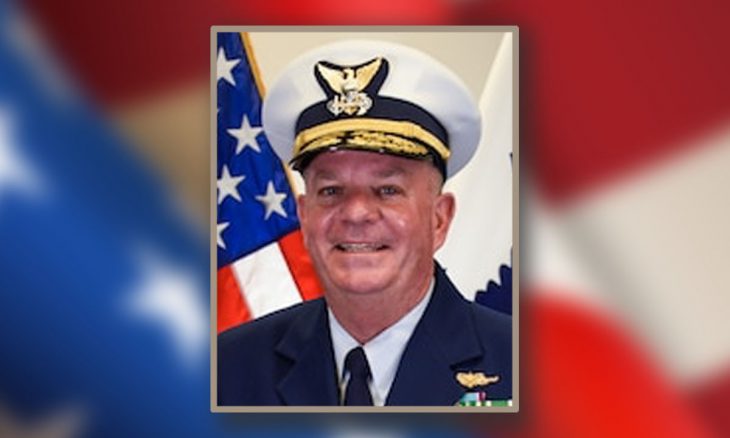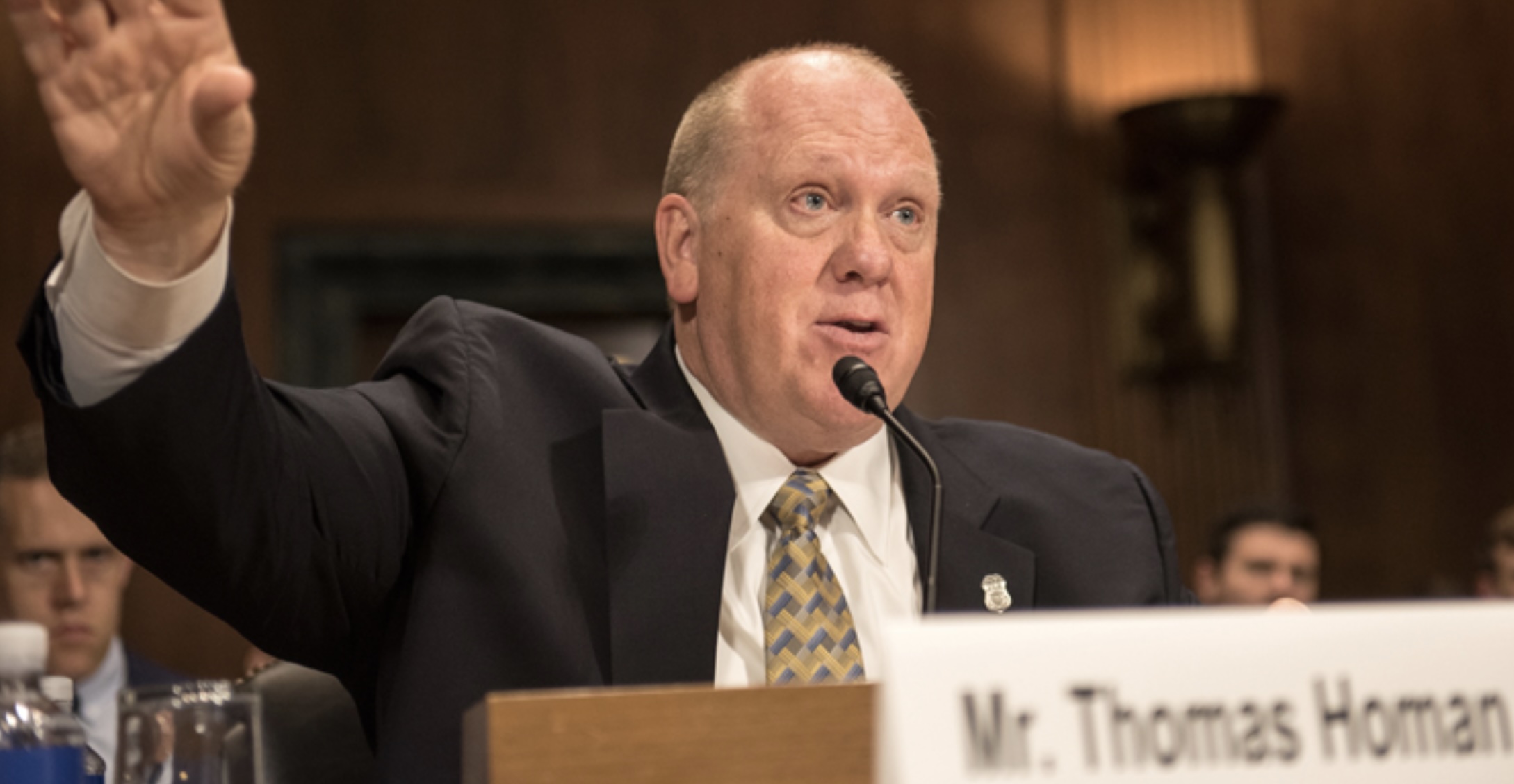Rear Admiral Brendan McPherson
Seventh District Commander, U.S. Coast Guard
Brendan C. McPherson was born in Bradley Beach, New Jersey. He earned an undergraduate degree from the U.S. Coast Guard Academy and earned an M.A. from the University of North Carolina-Chapel Hill School of Journalism and Mass Communication. He also holds an M.A. in National Security and Strategic Studies from the U.S. Naval War College.
He has more than 30 years of service, including nearly 12 years of accumulated sea time aboard six cutters. He was Military Adviser to the Secretary of Homeland Security in Washington, D.C., the Chief of Staff of the Coast Guard 13th District in Seattle, and assigned to the Seventh District Tactical Law Enforcement Team in Miami.
McPherson has also been assigned to several joint and interagency unified commands in response to national contingency operations. He deployed to Joint Task Force Guantanamo Bay, Cuba, and served as a press officer for disaster response and recovery operations in the aftermath of hurricanes Katrina and Rita along the U.S. Gulf Coast in 2005.
He is married to Barbara and they have four children.
In the News…
The U.S. Coast Guard, monitoring the waters between Florida, the Bahamas, Cuba, and Haiti, experienced a massive surge of migrants, mostly from Cuba, during the holidays and New Year’s Day. Rear Admiral Brendan McPherson, commander of the Seventh Coast Guard District and director of the Homeland Security Task Force-Southeast, said that the hundreds of daily immigrant encounters were “not a normal circumstance.”
“There was an increase in flow. You had more people leaving from Cuba over the holidays than you had prior to the holidays,” he said. “We conclude the reason is the same reason we couldn’t do the repatriations: the Cuban government is on holiday like anybody else.” What occurred on New Year’s Day was a “confluence of events,” he said.
“Some people may not realize that the state, the county, and the local municipalities in the South Florida region have been a part of the task force from the beginning,” Admiral McPherson said. “They participate, they’re members of the task force, we coordinate, we synchronize our efforts.”
The number of migrants taking to the sea has increased in what Admiral McPherson called “an early indicator that something was different, something was new.” But, he stated, they have a plan known as Operation Vigilant Security, that he hopes will reduce the number of migrants. Yet for now, their objective is “to interdict these vessels, whether its Cuban or Haitian, as close to their point of departure as possible.”
Even with the plan in place, the migrants have a “level of determination and, frankly, recklessness that puts them in danger and puts our officers in danger,” Admiral McPherson said.









